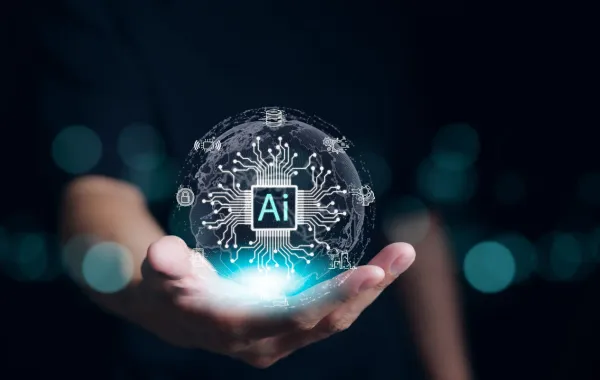How Gen Z is Shaping Workplace Culture

As more members of Gen Z (those born between 1997 and 2012) enter the workforce, they are bringing noticeable changes to workplace culture. Unlike previous generations, Gen Z grew up with the internet, smartphones, social media, and instant access to information. These experiences have shaped their expectations and values when it comes to work.
Here’s how Gen Z is influencing the way companies think and operate.
1. Demand for Work-Life Balance

Gen Z places a high value on balance between their work and personal lives. They are less willing to work long hours just to climb the career ladder and more interested in having time for family, hobbies, and mental well-being.
Impact on workplace culture:
Companies are now offering more flexible schedules, remote or hybrid work options, and mental health support to meet these expectations.
2. Focus on Purpose and Values
Gen Z wants to work for companies that align with their values. They care about sustainability, social justice, diversity, and ethical practices. It's not just about the paycheck, they want their work to mean something.
Impact on workplace culture:
Businesses are becoming more transparent about their mission and impact. Many are also taking a public stance on social and environmental issues to attract and keep young talent.
3. Comfort with Technology

This generation is digital-first. Gen Z employees are quick to learn new tools and often suggest better, faster ways to get things done using technology.
Impact on workplace culture:
There’s been a shift toward more digital collaboration tools (like Slack, Zoom, Notion, etc.), automation, and streamlined communication. Workplaces are becoming more tech-driven and efficient.
4. Openness and Feedback
Gen Z prefers open communication and regular feedback over traditional performance reviews. They want to know how they’re doing and how they can improve in real time.
Impact on workplace culture:
Managers are adapting by having more frequent one-on-ones and building a culture of continuous feedback. This promotes learning and faster growth.
5. Desire for Career Growth
Career development is very important to Gen Z. They want clear growth paths, learning opportunities, and mentors who can help them develop their skills.
Impact on workplace culture:
Organizations are investing more in professional development programs, internal mobility, and mentorship to help employees grow within the company.
6. Emphasis on Inclusion and Belonging

Gen Z expects an inclusive and safe environment where everyone feels welcome, regardless of their background, gender, race, or identity.
Impact on workplace culture:
Companies are prioritizing DEI (Diversity, Equity, and Inclusion) initiatives and training. There’s also more open discussion around creating safe spaces and fair treatment.
7. Entrepreneurial Mindset
Many Gen Z workers are not afraid to leave a job that doesn’t suit them or to start their own business. They bring fresh ideas, side hustles, and a sense of innovation to the workplace.
Impact on workplace culture:
This mindset pushes companies to be more flexible, encourage innovation, and offer more autonomy to retain creative, driven talent.
Finally
Gen Z is not just adapting to the workplace, they’re reshaping it. Their values are pushing companies to be more human, flexible, and forward-thinking. Employers who understand and adapt to these changes will be better positioned to attract and retain the best talent from this new generation.





